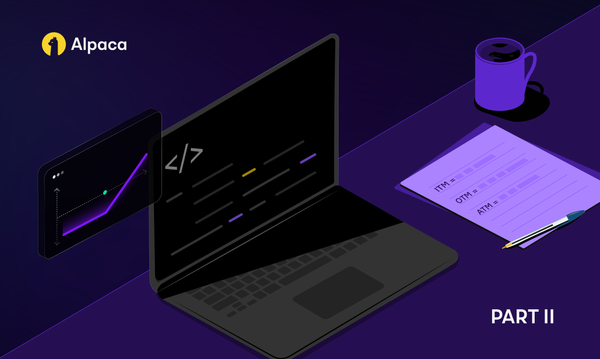What is Liquidity?
Liquidity indicates how easily an asset can be readily converted into cash with little impact to its market price.


Liquidity indicates how easily an asset can be readily converted into cash with little impact to its market price.¹
How to determine whether an asset is liquid
To determine whether an asset is liquid or not, you can check to see if the asset is heavily traded and its daily volume. Securities tend to be considered liquid if they can be easily bought or sold on exchanges. However, there may be certain securities that may be considered less liquid due to certain factors, including but not limited to lower trading volumes.
Another way to determine liquidity is to check the bid-ask spread.³ A narrow bid-ask spread means that the asset can be bought or sold easily. Illiquid assets on the other hand tend to have a wider bid-ask spread.³
The liquidity of an asset can also change depending on the preference of investors. For example, during the 2008 crisis, mortgage-backed securities turned illiquid⁴ as the rate of defaults in mortgage loans rose.
Example
Sheldon’s computer broke this week and he needs to buy a new one for $1,500. Unfortunately, he doesn’t have any cash available, but he does have a rare painting that has been appraised at $1,500 in his apartment. Sheldon will not be able to go to the computer store and trade the painting for the computer; he will need to find a suitable buyer for the art instead to create cash. However, the market for this painting is illiquid. There aren't many people who want this particular painting right now, and it could take months, if not years, to find a buyer willing to pay $1,500 for it. After Sheldon asked the art community, he was only able to find someone willing to purchase the painting for $1,000, despite the valuation of $1,500. If Sheldon waits for 6 months, he may find someone willing to pay $1,500. Paintings and art are examples of illiquid assets.
Sources
- Liquidity. Investopedia.
- Illiquid. Investopedia.
- Illiquid. Wall Street Mojo.
- Subprime: Tentacles of a Crisis. IMF.
Please note that this article is for general informational purposes only. All examples are for illustrative purposes only. The views and opinions expressed are those of the author and do not reflect or represent the views and opinions of Alpaca. Alpaca does not recommend any specific securities or investment strategies.
All investments involve risk and the past performance of a security, or financial product does not guarantee future results or returns. Keep in mind that while diversification may help spread risk it does not assure a profit, or protect against loss, in a down market. There is always the potential of losing money when you invest in securities, or other financial products. Investors should consider their investment objectives and risks carefully before investing.
Brokerage services are provided by Alpaca Securities LLC ("Alpaca Securities"), member FINRA/SIPC, a wholly-owned subsidiary of AlpacaDB, Inc. Technology and services are offered by AlpacaDB, Inc.
This is not an offer, solicitation of an offer, or advice to buy or sell securities, or open a brokerage account in any jurisdiction where Alpaca Securities is not registered (Alpaca is registered only in the United States).





